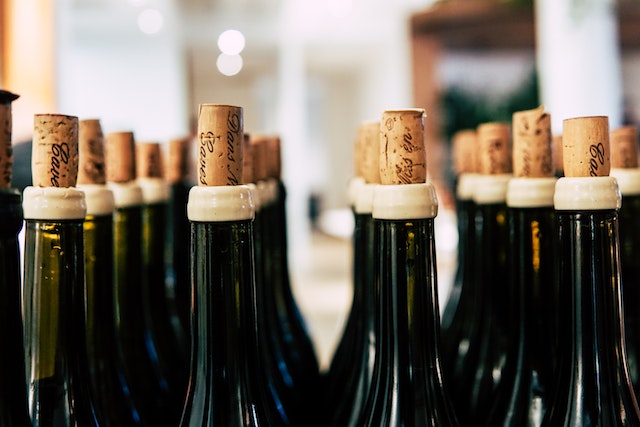The collapse of Silicon Valley Bank this month impacted dozens of food, beverage, and food-technology companies that relied on the bank’s specialized expertise.
In addition to supporting companies in the agriculture-technology space, SVB also provided financing for winemakers throughout California and had relationships with several specialty food makers who had their savings stored at the bank.
Omsom, the New York-based manufacturer of Asian seasoning sauces, said it had stored all of its capital at the bank.
“This poses a major existential threat to many small businesses (especially those creating physical goods),” Omsom said on its Instagram account before the federal government stepped in to protect SVB depositors.
Omsom followed up two days later with the news that it had recovered its deposits after the federal government took control of the bank and the Federal Deposit Insurance Corp. ensured that all depositors had access to their funds. Although Omsom said the FDIC’s move was a significant relief, challenges may still loom for companies seeking alternative forms of financing.
"If you're a high-growth startup, you can't get a credit card from a normal credit card provider, you can't get a loan from a big bank, but Silicon Valley Bank would give you that," Stefan Kalb, co-founder and CEO of Shelf Engine, a tech company focused on reducing food waste, said in an interview with National Public Radio. “It's these services that startups couldn't get elsewhere.”
A spokesperson for SVB could not be reached for comment.
SVB reportedly invested heavily, using its depositors’ money, in government bonds that lost value as interest rates rose. This led many depositors to attempt to withdraw their funds as they feared for the safety of their assets. That run on withdrawals — with depositors such as Omsom attempting to obtain funds the bank did not have — led to the bank’s takeover and the FDIC strategy to provide access to all deposits.
In an interview with Food & Wine magazine, Vanessa Pham, co-founder and CEO of Omsom, said she was working with investors and advisors to find a new bank.
“Our focus now is how can we prevent this in the future and how can we continue to show up for our amazing community,” she said.
Among other food companies that had worked with SVB was San Francisco-based meal kit provider Sunbasket, which had obtained a $7.5 million growth capital term loan and a $15 million revolving line of credit term loan, according to a case study on SVB’s website.
SVB had similar relationships with startups in the agriculture technology industry, including some that were involved in fast-growth vertical/indoor farming. SVB in particular was focused on supporting companies that sought sustainable food and energy solutions.
In addition, SVB had created an entire division devoted to the wine industry, and as of this week, the bank’s website still boasts of the bank’s loans of more than $4 billion to premium wine clients during the past 26-plus years. It touts services for the industry that include financing for vineyard acquisition and development, re-planting, general working and seasonal crop lines of credit, real estate purchases, equipment loans, and debt restructuring.
“Let our expertise in crafting specialized financing solutions for wineries and vineyards help you, so you can focus on the business of growing grapes and making wine,” the website states.
Jasmine Hirsch, the winemaker and general manager at Hirsch Vineyards, said companies in the wine industry often relied on SVB’s deep expertise in the business.
“Having a partner that understands that timeline and how to support you through borrowing is crucial," she told Food & Wine. “They're not the only lender anymore, but it was a concentration of expertise.”
Related: Food Brands Effected By Silicon Valley Bank Crash; Schinner Files Countersuit Alleging Discrimination, Wrongful Termination

